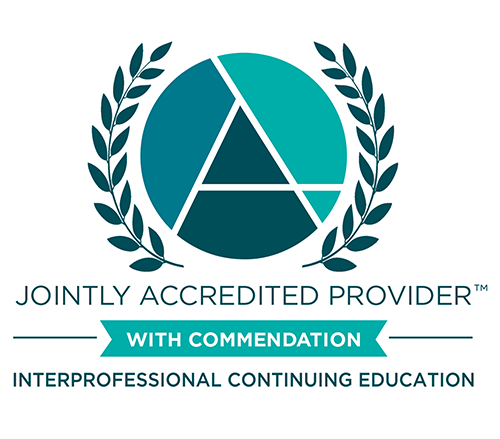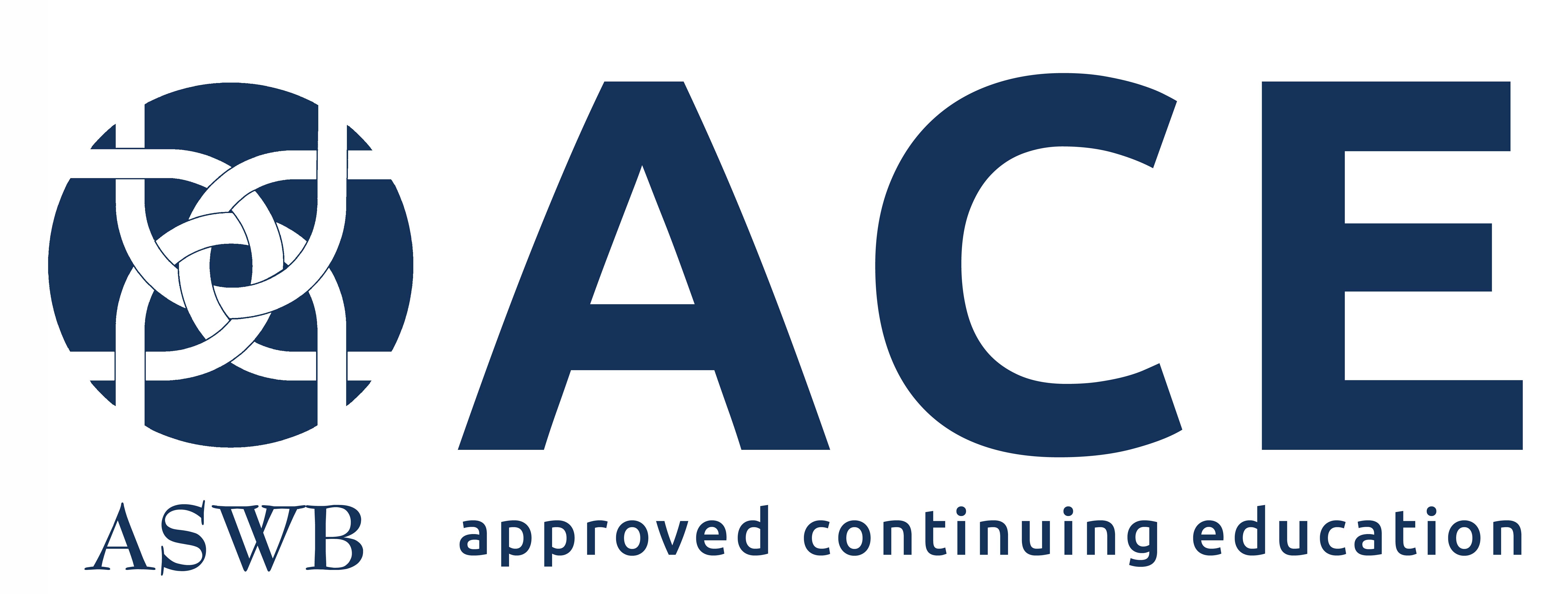Basics of Telehealth in Practice Online Training
Overview
In light of the Covid-19 pandemic, providing health care via telehealth has become a necessity. The goal of this training is to orient health science students and healthcare professionals about telehealth policies and practices to effectively use telehealth in their practice while providing a quality and safe experience for the patient.
Practice Gap and Needs
Cost-savings, efficiency, and accessibility were reasons listed within the 2019 iData Research report for the benefits of telemedicine. The article continues to explain the role of telemedicine can help address the reduced workforce as well as the reduced bed availability. (iData Research, 2019)
Now because of COVID-19, telemedicine has become a priority in providing healthcare during a pandemic. Health professional have had to adapt to new technologies and learn the communication skills necessary to maintain patient satisfaction using telehealth. Scott Shipman, MD, MPH, AAMC Director of Clinical Innovations stated, “It’s hard to imagine a future in which telemedicine isn’t a growing part of how we deliver care. Understanding the new skills clinicians will need - and how to best train them to use those skills - is essential to providing high-quality care and meeting the needs of tomorrows patients.” (Veringa. N.d.)
Providing quality healthcare through telemedicine requires the patient to feel comfortable and safe. “This is where training programs come in. In order to ensure a positive patient outcome and a process in which the patient and provider feel comfortable, training programs should be implemented in both medical and nursing schools, as well as hospitals and private practices.” (Wantuck, 2020)
Many health professional schools in Wisconsin have not yet included formal telemedicine training within the curriculum. Hospitals hard hit with COVID do not have the time to provide adequate training on the use of telemedicine. Yet this delivery of care is becoming a crucial, reimbursed service. Health professionals, as members of the healthcare teams, need to develop the skills to deliver effective patient care via telehealth to ensure the continued delivery of safe, effective and quality healthcare.
Participants need to know the regulatory framework, logistics, and utilization of telehealth platforms for patients, family visits, and interprofessional practice.
Intended Audience
Target audience is for health care students and health care professionals needing a foundational overview of telehealth best practices.
Learning Objectives
At the conclusion of the activity, the healthcare team will be able to:
- Describe the history and unique factors of telehealth services as they relate to scope of practice and effective patient care.
- Explain the legal and regulatory layers impacting the provision of telehealth services.
- List key factors to consider when establishing a telehealth visit in order to ensure effective communication between provider and patient or other participants.
- Describe and demonstrate the key factors involved in presenting a professional, inclusive, and clinically effective patient visit through telehealth services.
Module 1 | Introduction to Telehealth
|
Module 2 | Regulatory Framework and Technology
|
Module 3 | Logistics, Implementation, and Utilization
|
Module 4 | Service Delivery
|
Module 5 | Experts Share Experiences. Experts: Carla Duket (Social Work), James Lokken (Pharmacy), & Marcia Slattery (Physician)
|
It is the policy of the University of Wisconsin–Madison Interprofessional Continuing Education Partnership (ICEP) to identify, mitigate and disclose all relevant financial relationships with ineligible companies* held by the speakers/presenters, authors, planners, and other persons who may influence content of this accredited continuing education (CE). In addition, speakers, presenters and authors must disclose any planned discussion of unlabeled/unapproved uses of drugs or devices during their presentation.
For this accredited continuing education activity all relevant financial relationships have been mitigated and detailed disclosures are listed below.
*Ineligible companies are those whose primary business is producing, marketing, selling, re-selling, or distributing healthcare products used by or on, patients. The ACCME does not consider providers of clinical services directly to patients to be ineligible companies.
Disclosure of Unlabeled Use: The University of Wisconsin–Madison ICEP advises the participant that this continuing medical education activity does NOT contain reference(s) to unlabeled or unapproved uses of drugs or devices.
Planning Committee Chair | ||||
| Financial Relationship Disclosure | Discussion of Unlabeled/Unapproved Uses of Drugs/Devices in Presentation? | |||
Annie Short | MBA | Committee Chair; Executive Director, Northeastern Wisconsin Area Health Education Center | No relevant financial relationships with ineligible companies to disclose | No |
Additional Committee Members | ||||
| Mary DeVany | MS | Associate Director, Great Plains Telehealth Resource and Assistance Center (gpTRAC) | No relevant financial relationships with ineligible companies to disclose | No |
| Carla Duket | BSW | Social Worker, Advocate Aurora Health | No relevant financial relationships with ineligible companies to disclose | No |
| John Hernandez | APNP | Nurse Practitioner, Lakeshore Community Health Center | No relevant financial relationships with ineligible companies to disclose | No |
| Rachelle Lancaster | RN, MSN, PhD | Nursing Research Manager - Nurse Scientist, Advocate Aurora Health | No relevant financial relationships with ineligible companies to disclose | No |
| James Lokken | PharmD | Assistant Professor of Pharmacy Practice at Concordia University Wisconsin School of Pharmacy | No relevant financial relationships with ineligible companies to disclose | No |
| Jonathan Neufeld | PhD | Program Director, Great Plains Telehealth Resource and Assistance Center (gpTRAC) | No relevant financial relationships with ineligible companies to disclose | No |
| Marcia Slattery | MD, MHS | Professor of Psychiatry and Pediatrics, University of Wisconsin-Madison School of Medicine and Public Health | No relevant financial relationships with ineligible companies to disclose | No |
Accreditation Statement
 | In support of improving patient care, this activity has been planned and implemented by the University of Wisconsin–Madison ICEP and Northeast Wisconsin AHEC. The University of Wisconsin–Madison ICEP is jointly accredited by the Accreditation Council for Continuing Medical Education (ACCME), the Accreditation Council for Pharmacy Education (ACPE), and the American Nurses Credentialing Center (ANCC), to provide continuing education for the healthcare team. |
Credit Designation Statements
Accreditation Council of Pharmacy Education (ACPE)
The University of Wisconsin-Madison ICEP designates this knowledge-based activity for 2.50 hours, 0.25 CPE credit. Credit can be earned by successfully completing the activity and the assessment. Credit will be provided to NABP CPE Monitor within 60 days after the activity completion.
2022 Universal Activity Number (UAN): JA0000358-9999-22-072-H04-P, 2.5 Hours
American Medical Association (AMA)
The University of Wisconsin–Madison ICEP designates this enduring material for a maximum of 2.50 AMA PRA Category 1 Credits™. Physicians should claim only the credit commensurate with the extent of their participation in the material.
American Nurses Credentialing Center (ANCC)
The University of Wisconsin–Madison ICEP designates this enduring material for a maximum of 2.50 ANCC contact hours.
Association of Social Work Boards (ASWB)
 As a Jointly Accredited Organization, the University of Wisconsin-Madison ICEP is approved to offer social work continuing education by the Association of Social Work Boards (ASWB) Approved Continuing Education (ACE) Program. Organizations, not individual courses, are approved under this program. State and provincial regulatory boards have the final authority to determine whether an individual course may be accepted for continuing education credit. University of Wisconsin-Madison ICEP maintains responsibility for this course. Social workers completing the course receive 2.5 continuing education credits.
As a Jointly Accredited Organization, the University of Wisconsin-Madison ICEP is approved to offer social work continuing education by the Association of Social Work Boards (ASWB) Approved Continuing Education (ACE) Program. Organizations, not individual courses, are approved under this program. State and provincial regulatory boards have the final authority to determine whether an individual course may be accepted for continuing education credit. University of Wisconsin-Madison ICEP maintains responsibility for this course. Social workers completing the course receive 2.5 continuing education credits.
Continuing Education Units (CEUs)
The University of Wisconsin–Madison ICEP, as a member of the University Professional & Continuing Education Association (UPCEA), authorizes this program for 0.25 CEUs or 2.50 hours.
Available Credit
- 2.50 ACPE Contact Hours - Pharmacist
- 2.50 ACPE: General Pharmacy - Pharmacist
- 2.50 AMA PRA Category 1 Credit™
- 2.50 ANCC Contact Hours
- 2.50 University of Wisconsin–Madison Continuing Education Hours
- 2.50 Approved for AMA PRA Category 1 Credit™
QUESTIONS ABOUT REGISTRATION
Email [email protected]
ACCESSIBILITY
The University of Wisconsin provides equal opportunities in employment and programming, including Title IX requirements. The University of Wisconsin fully complies with the legal requirements of the ADA and the rules and regulations thereof. If any participant in this educational activity is in need of accommodations, please notify us at [email protected]
Required Hardware/software
Free, current version of Edge, Firefox, Safari, or Chrome. Some older browsers and Internet Explorer could produce error messages or not display the content correctly.
Free, current version of Adobe Acrobat Reader or other .pdf reader.

 Facebook
Facebook X
X LinkedIn
LinkedIn Forward
Forward